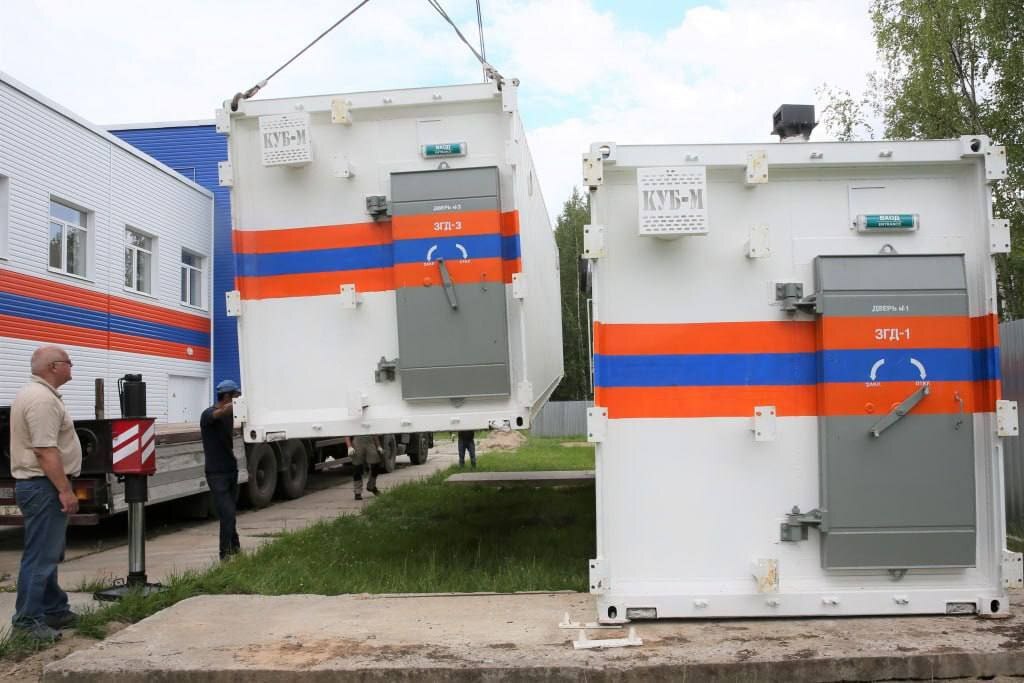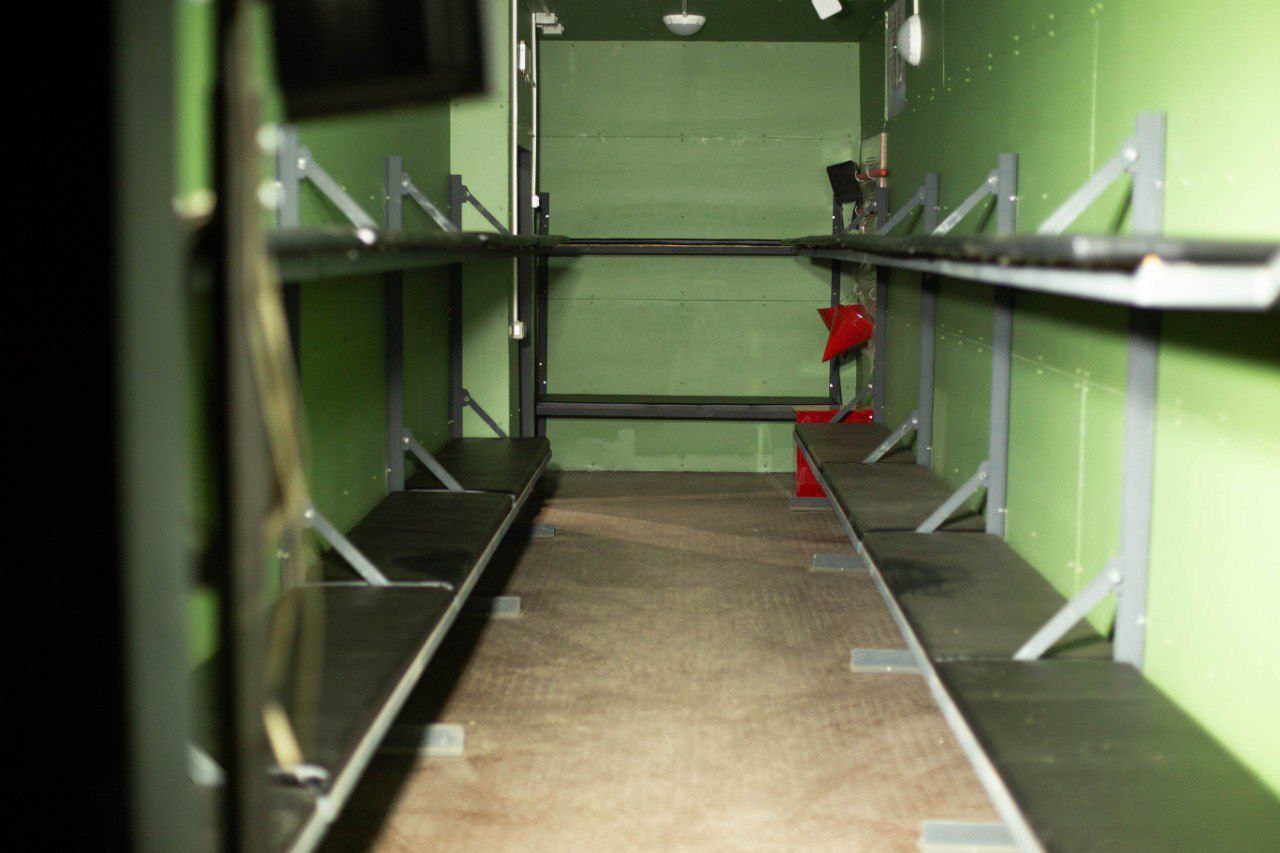Amid rising tensions in the war in Ukraine, Russia has announced the mass production of mobile bomb shelters designed to protect against a range of threats, including shock waves and radiation from nuclear explosions.
Known as “KUB-M” shelters, these container-like structures can accommodate up to 54 people and are equipped for deployment in diverse environments, including Russia’s northern permafrost regions.

The shelters, developed by the research institute of the Ministry of Emergency Situations, provide protection for up to 48 hours against natural and man-made hazards. They can shield occupants from explosions, shrapnel, falling debris, hazardous chemicals, and fires. Easily transportable by truck, the shelters can connect to water supplies for extended use.

This development comes as the conflict in Ukraine intensifies, with the United States recently approving the supply of long-range missiles capable of striking Russian territory. Ukraine’s use of these missiles, supported by Western allies, has drawn sharp warnings from Moscow. The Kremlin has called such actions a “fundamentally new situation” regarding U.S. involvement in the conflict.

Putin’s Nuclear Decree
Marking the 1,000th day of Russia’s invasion of Ukraine, President Vladimir Putin signed a decree expanding the conditions under which Russia could use nuclear weapons. The decree allows for nuclear responses not only to direct nuclear threats but also to actions by non-nuclear states supported by nuclear-armed countries.
The expanded guidelines include nuclear responses in cases of:
– A critical threat to Russia’s territorial integrity, even from conventional weapons.
– An attack on Belarus.
– Large-scale strikes involving fighter aircraft, drones, or missiles that violate Russian borders.
This decree underscores heightened nuclear rhetoric as the war continues to escalate.

